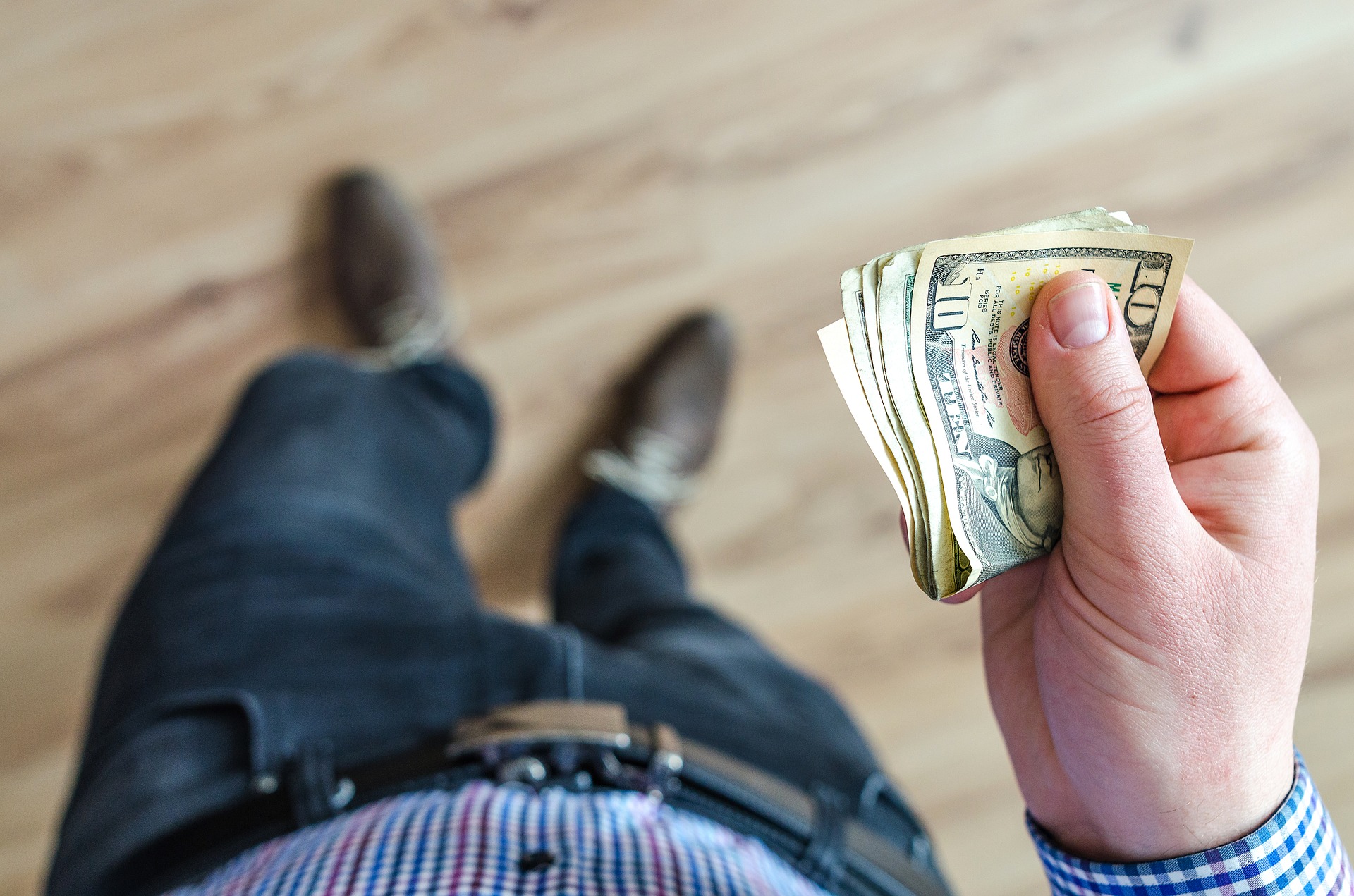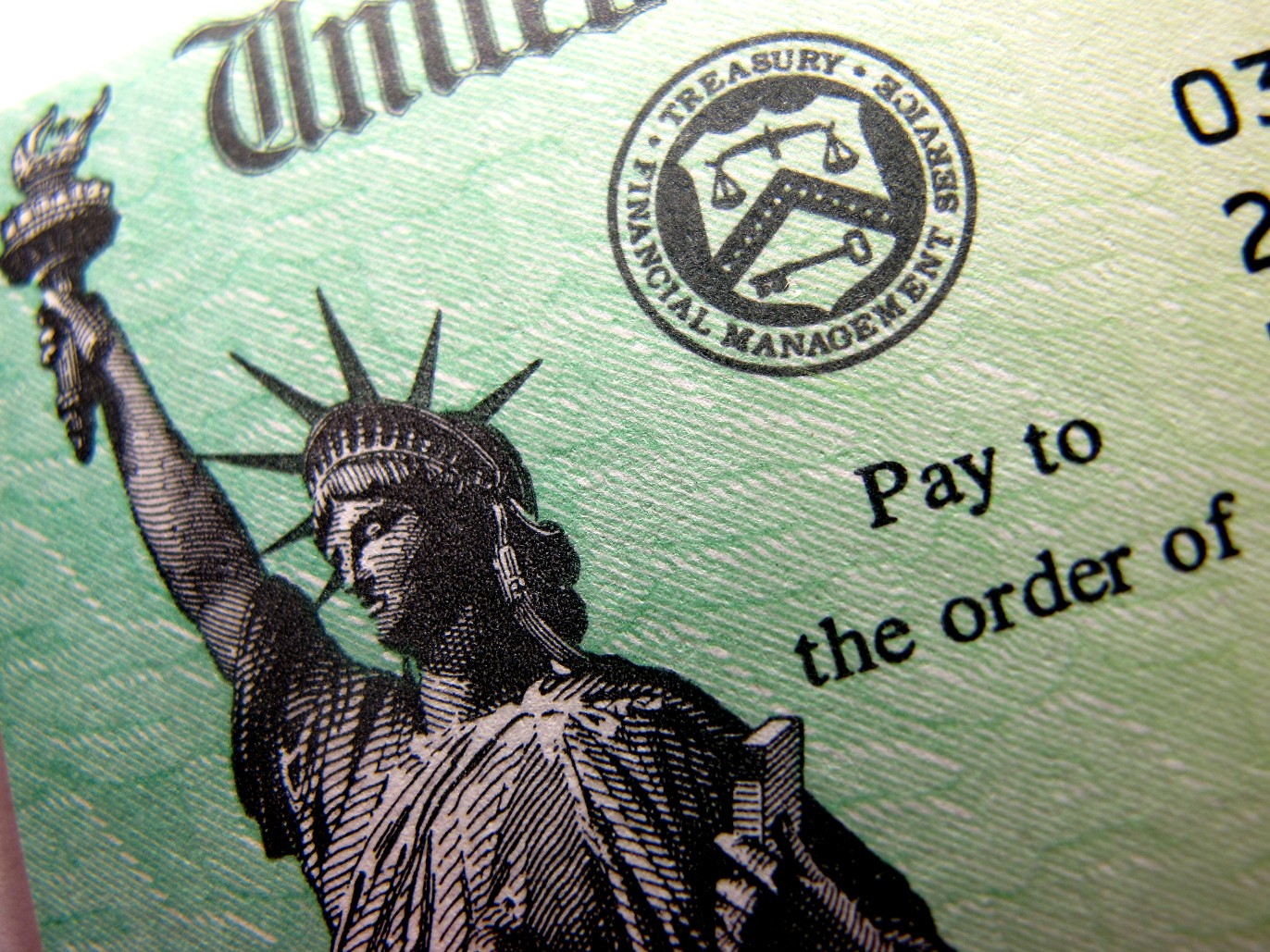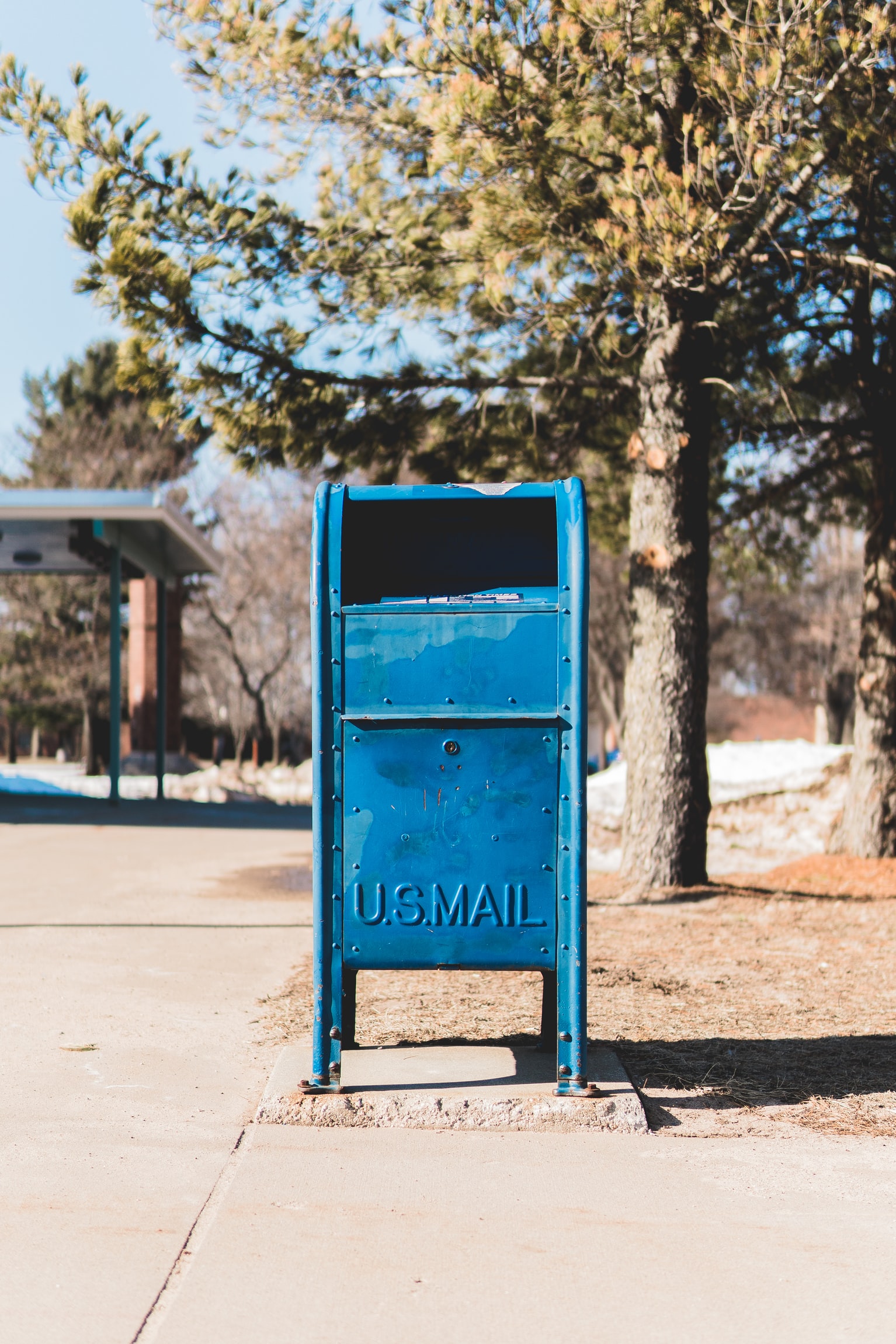Working-class Americans, who live paycheck-to-paycheck and conduct personal finance akin to a compulsive debtor, are now being targeted by coronavirus-themed online scams.
The coronavirus is causing a global, public health nightmare. It’s also creating the potential for a new era of poverty not seen since the Great Depression.
About 25% of Americans lost work during the Great Depression.
By the end of 2020, the unemployment rate may rise to 20% or 30%.

The average American is burdened with $90,500 in debts. 40% of Americans couldn’t cover a $400 financial emergency if it presented itself. Stagnant wages, a compulsive debtor mindset, and the coronavirus has created an economic crisis, and criminal opportunism, beneficial to scam artists.
From late March and to the publication of this article, over 26.5 million Americans have become unemployed.
Many are waiting for one-time $1,200 stimulus checks that are taking too long to arrive.
These circumstances are causing financial desperation ripe for scam artists to take advantage of.

Over 25,400 Americans have recently complained of being victimized by online coronavirus-themed scams. Since the coronavirus outbreak, people have lost over $19.3 million to such scams. The average person lost $556 per scams.
Since the start of the COVID-19 pandemic, the FBI and local law enforcement have shuttered hundreds of online scams. They fear thousands more are still operational and with more are on the way.
These are not new scams. They just feature new coronavirus-themed angles. Here are examples:
- Check Scams
- Charity Scams
- Sweepstakes App Scams
- Phishing Scams
Before we discuss these scams, let’s discuss the compulsive debtor mindset and the economic desperation caused by the coronavirus, which is fueling the rise of these new scams.
The Compulsive Debtor Mindset
A compulsive debtor is someone with an unhealthy mental attitude towards money. This term can reference gambling addiction, but it is more of an umbrella term.

A compulsive debtor is a person who uses money, and conducts their own personal finance, in a manner where they always remain in habitual debt.
A compulsive debtor believes that being in continual, insurmountable debt is normal.
They may also find it comforting. It stresses the belief that their finances are out of their control.
A compulsive debtor never makes enough money professionally and never saves money.
They habitually borrow money they can’t pay back and never realistically plans for their own financial future.
This isn’t a holier-than-thou judgment. I used to be a compulsive debtor too – living paycheck to paycheck and believing my financial future was out of my control.
The emergence of the coronavirus crisis has eliminated tens of millions of jobs. And, the compulsive debtor finance mindset, coupled with stagnant working-class wages, has created financial desperation.
Scam artists thrive on desperation.
The Coronavirus Crisis + Compulsive Debtor Syndrome + Bureaucratic Bungling = Desperation
Some experts believe that various coronavirus-themed online scams have multiplied by over 2,000% relative to scam activity last year.
Why? People are desperate, in debt, and may wait weeks or months for financial help from the government.
Bureaucratic bungling is putting people in such desperate straits and empowering scam artists to benefit.
It’s easy to judge people who fall for such scams. Its harder to appreciate why.
Because of the rapid ratification of the $2 trillion stimulus bill and bureaucratic lapses in paperwork related to local death notices, dead people are getting $1,200 coronavirus stimulus checks.
Over 71,000 deceased Americans, and possibly more, have already received coronavirus stimulus checks.
Rapidly processed checks sent via outdated information is causing the bureaucratic bungling.
Meanwhile, tens of millions of Americans, people who are alive, are still waiting on their checks.
Some may not receive their checks for up to 5 months.
One possible reason is that President Trump’s signature will appear on subsequent checks.

(Image courtesy Frankieleon via CC BY 2.0) President Trump’s signature will appear on the memo line of future stimulus checks, a first in American history. The logistical printing considerations of the endeavor will reportedly cause delays in mail deliveries.
The point is that people are desperate. Many will be waiting on their one-time checks for some time.
Desperate people do desperate things.
Check Scams
Many scammers are now playing a variation in the unsolicited sweepstakes scam. A compulsive debtor would rather buy a lottery ticket and hope instead of planning for their future.
This scam plays on the hopes of desperate people by promising instant financial windfalls.
People are being sent fake checks that pay more than $1,200. After the victim deposits the check, they are alerted they overpaid and must pay some back.
The victim supplies more financial information. The check bounces and the victim’s account is cleaned out.
The checks are for $1,200 for adults and $500 for children of eligible adults. The I.R.S. might send payments to dead people, but they are not likely to overpay you.
Another major red flag is seeing any offer with the phrasing, “coronavirus check,” or, “stimulus check.”
These payments are officially known as, “economic impact payments,” by the government.
They are informally known as, “coronavirus stimulus checks,” in news media and popular culture.
No government agency will refer to your $1,200 check as a “coronavirus check.”
Also, you don’t have to provide information to get your check.

If you’ve filed taxes recently or had your tax refund deposited into your bank account before, the government will automatically deposit or mail the check to you.
Don’t volunteer your financial information to anyone who promises to flip or process your check quickly.
Charity Scams
Beware any direct online solicitation for donations for coronavirus-themed charities.
Scam artists know that people are likely to send them money if they send a text or online solicitation featuring words like, “coronavirus,” or, “COVID-19.”
Donate to charities you know, trust, and can vet.
Sweepstakes App Scams
Beware of charity-themed app sweepstakes scams, especially any that ask for money from you.

Private citizens are arbitrarily awarding some of their followers with money as a charitable act to alleviate coronavirus stress. While legitimate, these opportunities are extremely rare. Don’t count on them to help you. Scam artists are now modeling scams after these opportunities.
Several individuals and small businesses have given away money charitably via social media to alleviate the strain of the coronavirus initiated financial stress.
While a kindhearted endeavor, only a select few people will ever benefit. Don’t pin your hopes on winning money in a similar manner.
Scam artists are taking advantage of desperation and sending similar sweepstakes offers via app, text, or online media messages.
The scammer will send you a message saying you won a $1,000 prize, but you must send them $75 to pay for processing.
After paying the processing fee, the scammer disappears.
Ignore any such offers you receive.
Phishing Scams
Anyone who can telecommute is working from home because of the coronavirus crisis.
There are millions of people trying to learn how to telecommute right now.
Scammers are making the most of this new reality. So, they are researching which companies are rescaling their workforce to work from home.
Be suspicious of any phishing email or text requesting your personal financial information, especially any message with the phrase, “coronavirus.”

Phishing scam is like someone fishing in a boat. The scammer presents phrases, information, or emotional triggers, like the word, “coronavirus,” to convince people they are receiving money, owe money, or must verify financial information. They are trying to bait you into sending money or providing data so they can take your money.
If you click on any link in phishing email or text, a digital virus could invade your computer.
Or, you may be directed to a website that looks like a website you recognize to trick you into providing financial information.
Never click on links in emails from strangers, especially if you don’t recognize the sender’s address.
Always open a protected search engine window to verify information. Never open an email from a stranger.
Common Sense Always Wins Out
You can review information from the FTC about how to avoid coronavirus-themed scams.
Hang up on robocalls or strangers using trigger words, like coronavirus, to try to get you to reveal personal data or send money.
Delete unsolicited social media, email, text, and app messages requesting your data in reference to the coronavirus.
Desperate people do desperate things. We’re living through bad times.
However, applying some common sense can keep you from getting into an even more desperate financial situation.
Read More
MOST “GOING OUT OF BUSINESS” SALES ARE SCAMS
DEBT AFTER DEATH AND WHAT IT WILL COST YOUR FAMILY
How To Quickly Recover From A Job Loss
Can Your Credit Score Drop For Being A Good Payer?
I’m Aggressively Saving Money During this COVID-19 Crisis

Allen Francis was an academic advisor, librarian, and college adjunct for many years with no money, no financial literacy, and no responsibility when he had money. To him, the phrase “personal finance,” contains the power that anyone has to grow their own wealth. Allen is an advocate of best personal financial practices including focusing on your needs instead of your wants, asking for help when you need it, saving and investing in your own small business.
